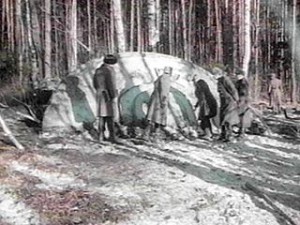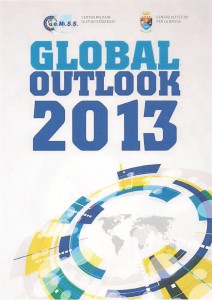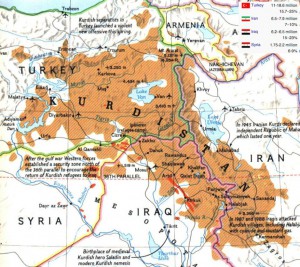
Secret Space War V: Exopolitics
Veterans Today, 22 July 2013
Recently there have been well founded rumors that the USG is now in the process of setting up an official Office for Exopolitics and considering several esteemed individuals from which to choose a director to run this new office.
Exopolitics is the official, public admission by any government that that the earth is being visited by extra-terrestrial or inter-stellar alien entities and a declaration that such matters will be addressed in appropriate terms.

Exopolitics encompasses all official governmental efforts to deal with the implications of the existence extraterrestrial or extra-stellar life and its visitation or presence on planet earth.
It is difficult to fully imagine the volcanic implications of such a complete disclosure, but it is fair to assume that it can and will affect almost every single area of contemporary human society and all public institutions including all governmental agencies as well as non-governmental organizations (NGOs).
For many years there have been rumors that the Secret Shadow Government (SSG) actually originated and developed around the Biggest USG Secret of all, that alien anti-gravity craft (AGC) had crashed and were recovered with live and dead aliens, after which their technology was back engineered as a part of several secret treaties made between the SSG and a certain alien group “visiting” planet Earth.
Phi Beta Iota: For the convenience of our subscribers and visitors, the entire article including all photographs, YouTubes, and links, can be found below the line. We subscribe to the view that many technologies relevant to creating a prosperous world at peace have been held back for the wrong reasons, and that full disclosure is in the public interest. We believe that advanced civilization believe strongly in self-determination and “do no harm,” one reason the last 50 years have been so terrible for 99% of humanity.
Continue reading “Preston James: White House About to Go Public on extraterrestrials?”







